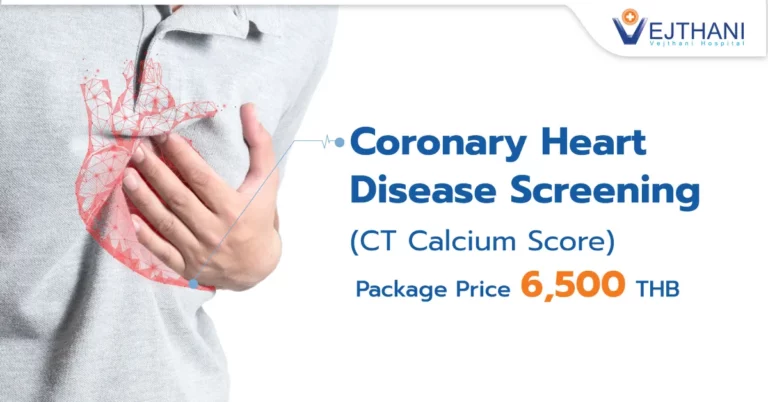
Health Articles
Sometimes All It Takes Is a Smile


In our everyday routine, we often use our teeth to get through the day. Teeth are calcified, whitish structures found in the jaws. A normal adult mouth has 32 complete teeth. Without them we cannot smile with pride and brilliance and of course, we cannot chew and enjoy the foods that we eat. Sometimes, it even comes to a point that we use our teeth in cutting our nails, a thread, or even in holding anything when our hands are busy doing something else (we must admit we do this sometimes). Unfortunately, teeth loss could occur which could be very inconvenient and even depressing. Risk factors associated with teeth loss are having age older than 35, being a male, never getting professional dental care, lack of oral hygiene (brushing, flossing, etc), smoking (current or past), having diabetesor high blood pressure.
Dental Implants
What is the procedure?
Implants provide a long-term solution for replacing missing teeth. They are an alternative to bridges which use adjacent teeth as anchors and to removable dentures, which rest on your gums. A surgeon implants them surgically into the jawbone. A client should undergo a comprehensive exam, X-rays, and consultation prior to the implant procedure itself.
Stages of Implant Procedure
“Staged surgery” procedure is the most widely practiced method of placing dental implants. The first stage consists of surgically burying the implant (which replaces the tooth root) flush with the bone but underneath the gum. This protects the implant from force while it is healing. At the end of this healing period, the implant needs to be surgically exposed by removing some of the overlying gum.
At the second stage, the surgeon checks the implant for its successful integration and connects some form of post which penetrates through the gum into the mouth. This post is called the abutment. Abutments come in many forms and can be stock-manufactured or custom-molded by your dentist and a laboratory. The gum is allowed to heal around the abutment and form a cuff or collar through which the dentist has access to the implant when preparing the final restorative stage of placing the prosthetic tooth or teeth. The abutments must also be protected from chewing forces during this period to assure effective bony integration and successful healing. Once the implants have had a chance to heal and have been tested for successful integration, the final restorative step takes place. This stage consists of fabricating and connecting the prosthetic teeth to the successfully osseointegrated implants.
On the other hand a one-stage surgery employs a non-submerged one-piece implant that has a metal collar designed to protrude through the gum while the bone is healing to the implant. After a suitable healing time, an abutment can be connected to the implant, allowing for fabrication of the crown to replace the missing tooth. Alternatively, a one-stage technique can be achieved by immediate connection of a temporary healing abutment to a two-piece implant that protrudes through the gum in much the same way as a one-piece implant. Both single stage and two-stage implants have similar success rates and you should ask your dentist which systems they use and discuss how one- or two-stage procedures might be appropriate for you.
Post-operative Stage
Implant placement usually does not result in much post-operative discomfort-usually the patient takes Tylenol or Advil for about2-5 days. If more extensive treatment is needed, for example bone grafts or many implants, then the post-operative course may require more time and medication. Anesthesia during the surgery should make the placement procedure pain-free.
Benefits of Dental Implants
- Looks and feels like your own teeth which improves appearance.
- Improves speech. No more slurred or mumbled speech caused by poor-fitting dentures.
- Allows you to eat your favorite foods with confidence and without pain.
- Improves self-esteem. Gives you back your smile and help you feel better about yourself.
- Improves oral health. Dental implants don’t require reducing other teeth, as a tooth-supported bridge does. Because nearby teeth are not altered to support the implant, more of your own teeth are left intact, improving long-term oral health. Individual implants also allow easier access between teeth, improving oral hygiene.
- Very durable and will last many years and with good care, may last a lifetime.
Vejthani hospitalimpressively performs dental implants. Dentalis in Vejthani is one of Thailand’s top dental clinics exclusively provided by our hospital. With our unparalleled expertise in dental treatment and service, Dentalis is proud to be one of Thailand’s dental clinics with comprehensive dental services.
We have twelve treatment rooms and a self contained operating theatre. The dental chairs are fitted with infection control systems, are comfortable and can be moved without any discomfort to the person seated in them.
Because we truly care for our patient’s satisfaction and dental health, our clinic is constantly improving our treatment and service standard. Our certified team of dedicated dentists together with the latest hi-technology dental instruments and modern facilities will guarantee that our dental service is definitely excellent. Furthermore, the environment is relaxing and above all highly hygienic. Rest assured you will get the satisfactory results.
Service Hours
| Day | Time |
| Monday to Saturday | 09.00 am – 08.00 pm |
| Sunday | 09.00 am – 05.00 pm |
Appointments & Inquires
Phone : +66 (0) 2734-0000 ext. 3000, 3004
Fax : +66 (0) 2734-0375
Location
Vejthani Hospital, Dentalis Center, 2nd floor.


























